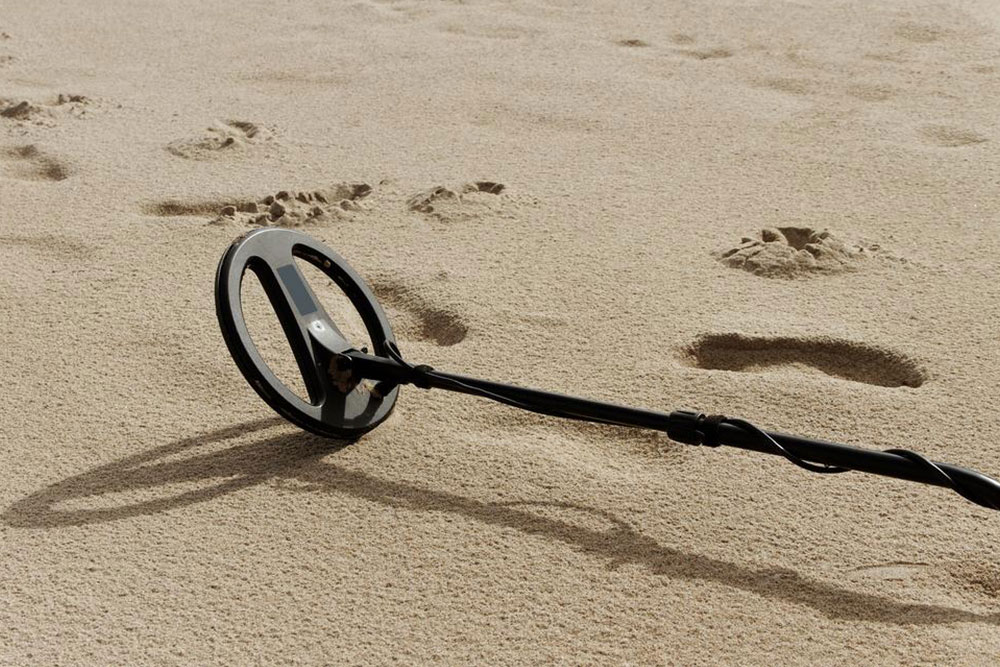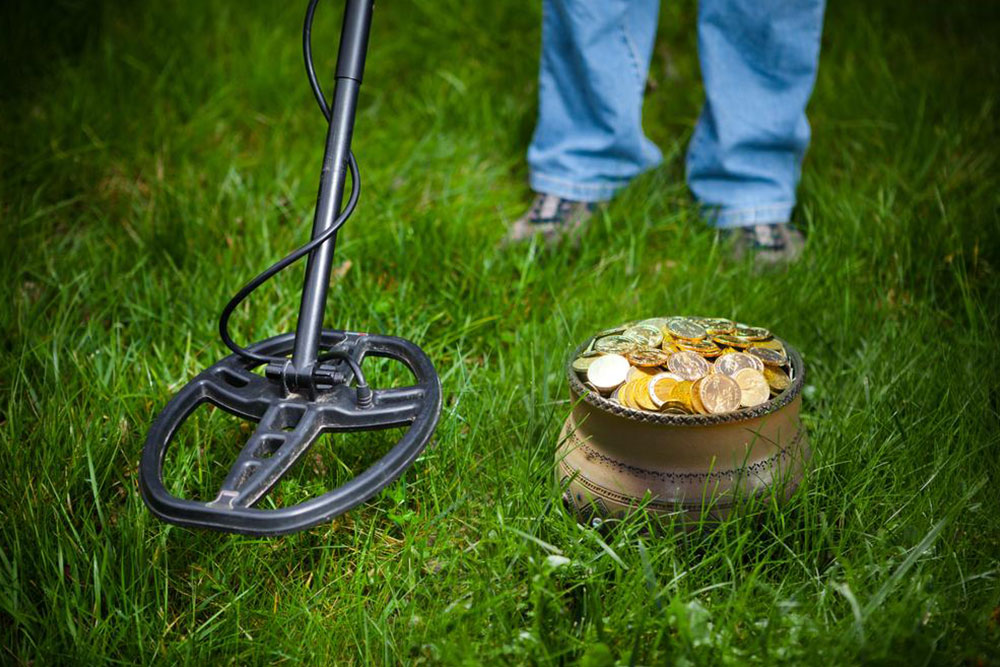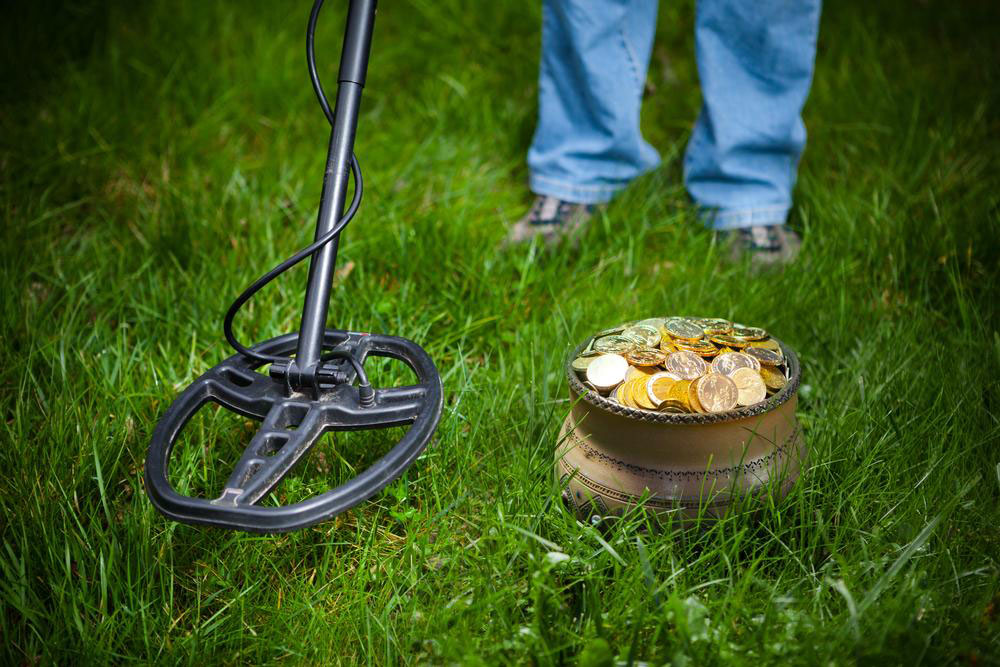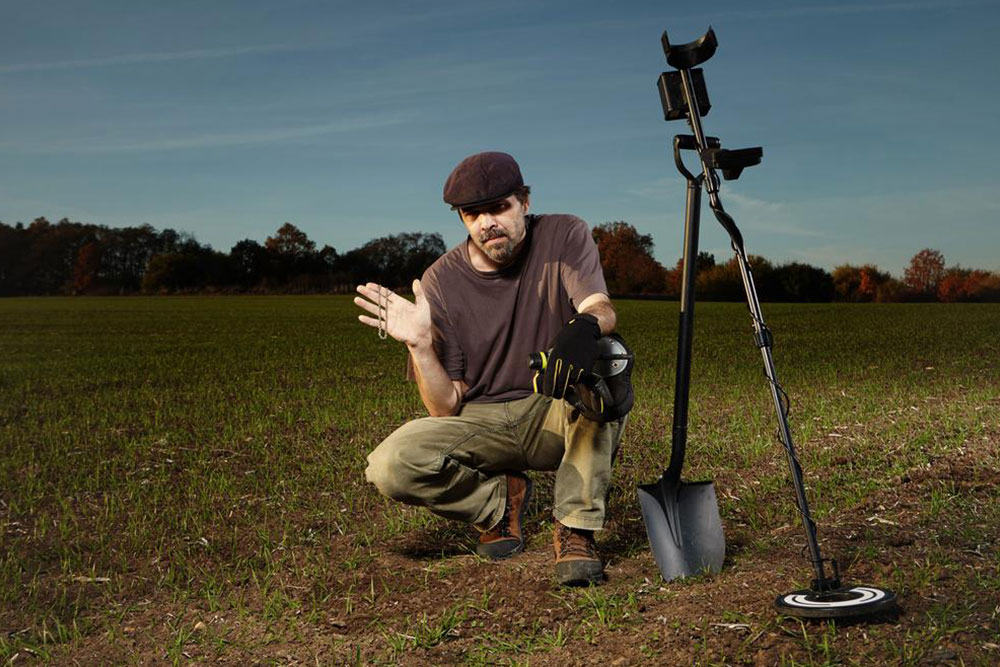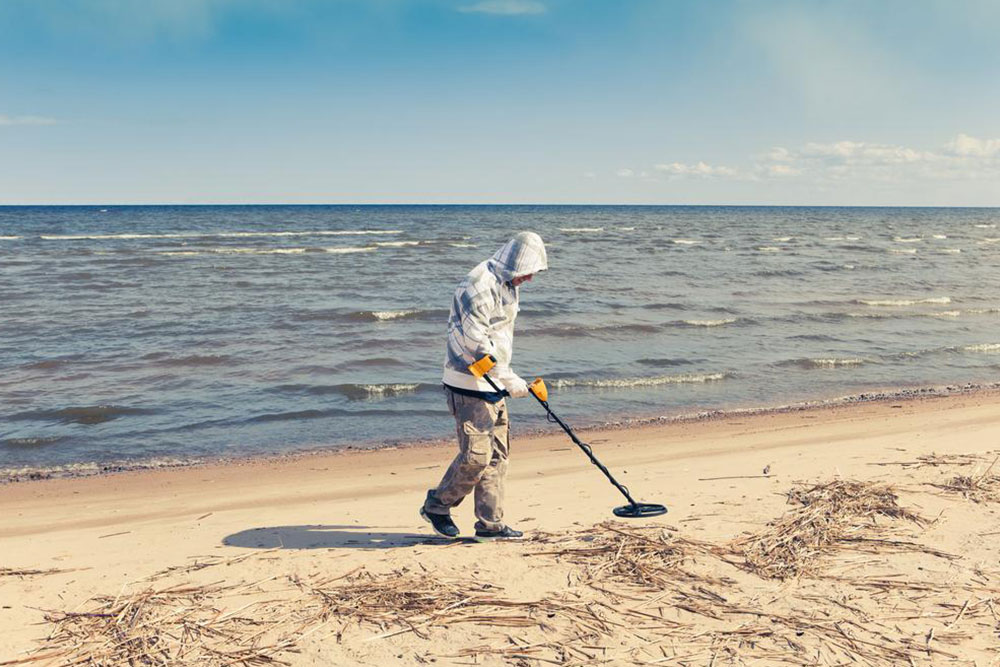The Ultimate Guide to Metal Detecting Activities for Hobbyists and Enthusiasts
Discover the diverse world of metal detecting activities, including coin hunting, gold prospecting, relic hunting, and beachcombing. Learn essential tips to enhance your hobby, explore historical artifacts, and enjoy outdoor adventures responsibly. Suitable for beginners and experienced enthusiasts, this comprehensive guide unveils the exciting opportunities within the metal detecting community. Whether searching for treasures on beaches or unearthing ancient relics, this article explores all facets of the hobby for maximum enjoyment and success.
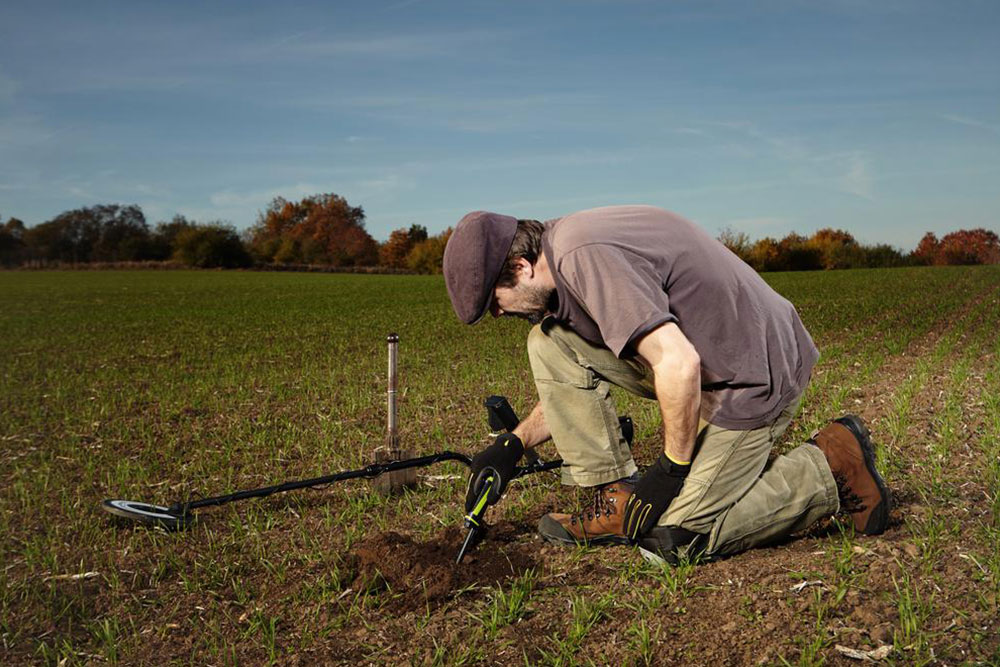
Metal detecting has rapidly gained popularity as an engaging and rewarding hobby that combines outdoor adventure, physical activity, and the thrill of discovery. This pastime goes beyond simple treasure hunting; it encompasses a wide variety of activities that appeal to enthusiasts of all ages and backgrounds. Whether you’re a seasoned explorer or a curious beginner, understanding the various metal detecting pursuits available can enhance your experience and increase your chances of uncovering valuable or historical items. From casual beachcombing to serious gold prospecting, the world of metal detecting offers endless opportunities for excitement and fulfillment.
At its core, metal detecting involves using specialized electronic devices called metal detectors to locate hidden or buried metallic objects. These devices can range from basic models suitable for beginners to advanced equipment used by professional treasure hunters. Each activity tailored to different environments and objectives allows hobbyists to enjoy a varied range of experiences, making metal detecting a versatile and enduring pastime.
Popular Metal Detecting Activities
Coin Hunting and Currency Recovery
One of the most common and accessible forms of metal detecting is coin hunting. Enthusiasts often search parks, beaches, historical sites, and sports venues for dropped or lost coins. This activity is not only fun but also a nostalgic way to connect with the past, as older coins can sometimes be valuable or rare collectibles. Coin hunters often specialize in identifying specific eras or types of currency, making it a fascinating pursuit that combines history and archaeology.
Gold Prospecting and Mineral Exploration
Gold prospecting remains one of the most sought-after metal detecting activities, especially in regions known for gold deposits such as California, Alaska, and parts of Africa. Prospectors typically use specialized detectors designed to handle mineralized soils and identify gold nuggets, flakes, or veins underground. This activity demands patience, skill, and often physical endurance, as it involves hiking through rugged terrain and carefully sifting through soil and gravel layers. Successful gold prospecting can lead to significant financial returns or the discovery of historic gold deposits, making it an exhilarating challenge for dedicated hobbyists.
Searching for Lost Items and Relics
Many enthusiasts enjoy the thrill of finding lost or hidden objects, such as jewelry, relics, or buried artifacts. This activity often takes place in parks, old battlefields, or archaeological sites, where historical artifacts can provide insight into past civilizations or local history. Collectors and history buffs frequently collaborate with archaeologists to find relics that can shed light on human history or cultural heritage. However, it’s important to note that some regions have strict regulations regarding artifact collection, so proper permissions and ethical practices are essential.
Beachcombing and Coastal Treasure Hunting
Beaches are among the most popular locations for metal detecting. Enthusiasts scour sandy shores for jewelry, coins, and even lost valuables like watches or smartphones. Beachcombing offers the advantage of a relatively accessible environment, often with high chances of finding roadside or beach drop items. Additionally, coastal areas can hide historical artifacts from shipwrecks or ancient settlements, adding an element of archaeological intrigue to the activity.
Cultural and Historical Artifact Collecting
For those interested in history and archaeology, metal detecting provides an opportunity to discover cultural artifacts, including ancient tools, pottery shards, and relics from bygone eras. Such finds are often of great historical significance and require careful documentation and sometimes legal permission to preserve and study. Collecting these items not only offers personal satisfaction but can also contribute valuable knowledge to the archaeological community.
Tips to Make the Most of Your Metal Detecting Hobby
Invest in quality equipment suited to the specific activity you want to pursue.
Learn local laws and regulations to avoid legal issues, especially regarding protected sites and artifacts.
Research the history of the locations you intend to explore for better chances of finding valuable items.
Join local or online metal detecting communities for shared knowledge and support.
Practice proper discrimination settings on your detector to identify valuable targets while minimizing unwanted objects.
Final Thoughts
Whether you are interested in simple coin hunting, the adventure of gold prospecting, or uncovering historic relics, metal detecting offers a diverse and captivating field of activities. Its combination of outdoor exploration, historical discovery, and the potential for valuable finds continues to attract enthusiasts worldwide. Responsible detecting, adherence to local laws, and an appreciation for history can lead to an enriching experience that not only provides personal satisfaction but also helps preserve our cultural heritage for future generations.
